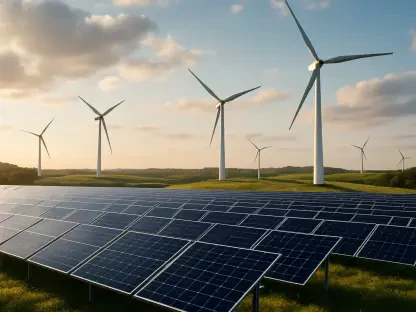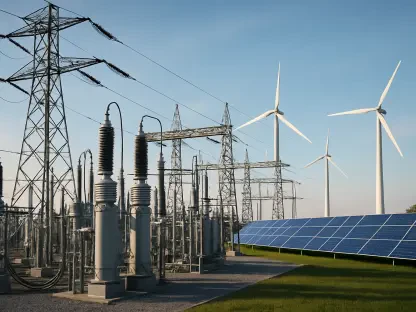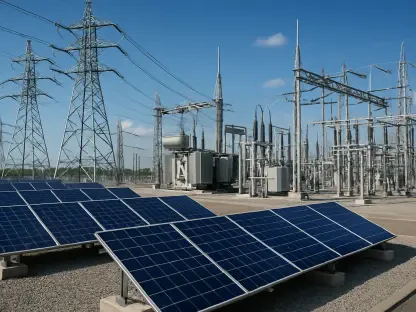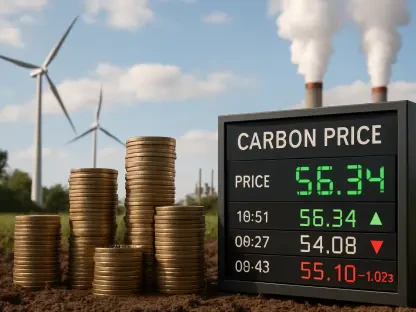The analysis released on 27 February 2025 recognizes Energy-from-Waste (EfW) as a pivotal approach in reducing methane emissions by diverting waste from landfills to biological treatment and energy recovery. This important recognition contrasts starkly with the EU Methane Strategy of 2020, which largely overlooked EfW’s role in mitigating landfill methane emissions. The European Suppliers of Waste-to-Energy Technology (ESWET) has warmly welcomed this newfound acknowledgment. ESWET’s president, Dr. Siegfried Scholz, has fervently advocated for incorporating EfW into future EU waste and climate regulations, emphasizing its critical role in emission reduction. Moreover, an ESWET study using Germany as a case study has demonstrated a substantial reduction in methane emissions, attributed to banning untreated organic waste landfills in 2005 and broadening EfW infrastructure.
EfW in the UK: Economic Concerns and Policy Adjustments
In the United Kingdom, Energy-from-Waste is becoming an integral part of the country’s energy and waste management infrastructure, as recognized by recent developments. On 4 March 2025, the Chartered Institution of Wastes Management (CIWM) released a comprehensive report highlighting pressing concerns regarding the integration of the Emissions Trading Scheme (ETS) into the EfW sector. The report reveals a palpable fear of skyrocketing generation costs, which might undermine the financial viability of EfW projects. Dan Cooke, CIWM’s director of policy, underscored the necessity for cost assessments to accurately reflect waste composition. Only by doing so can investments be incentivized to focus on reducing fossil carbon content in waste streams. Without such pragmatic adjustments, Cooke warned, the ETS could devolve into an EfW tax that fails to motivate meaningful change and adaptation within the sector.
Future Considerations for Methane Emission Reduction
Summing up, the acknowledgment and integration of Energy-from-Waste in the mission to mitigate methane emissions signify a momentous shift in EU policy. This shift presents a paradigm change that underscores the need for holistic approaches and adaptive policy adjustments to harness EfW’s full potential. However, the economic implications in regions like the UK under the ETS cannot be ignored. Policymakers must strive for a balanced approach that ensures regulation is both effective and economically viable. There is an evident consensus on the importance of EfW, but achieving a fully integrated strategy necessitates collaborative efforts to refine regulatory frameworks. The goal should be to incentivize sustainable practices while maintaining economic pragmatism, ensuring that the strides in methane emission reductions are both significant and lasting.









